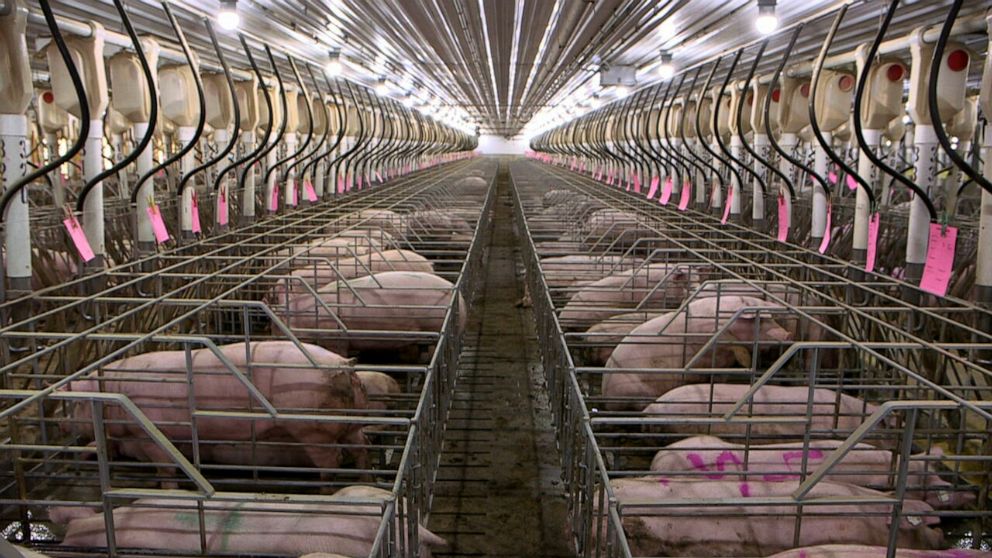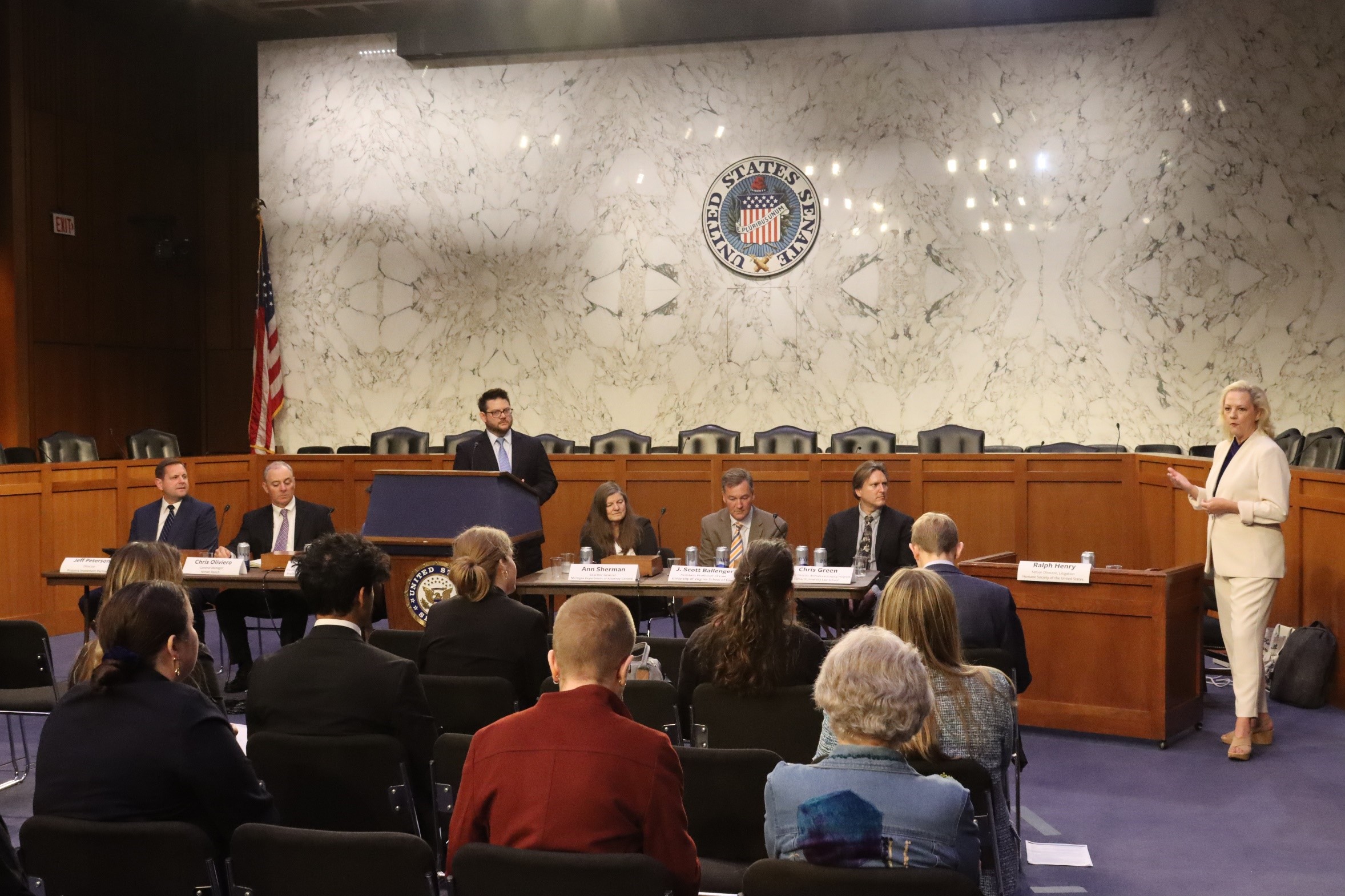In the state of California, caged hens will be phased out by 2022 and they must have one square foot of space by 2020. Calves must have more space by 2020 and breeding pigs by 2022 (I really don't understand the reasoning on the difference in time here).
Problems with Prop 12:
1) It's really sad that a proposition has to be passed to get these meager allowances which are not enough.
2) 60 percent is decent but you'd think humanity would at least offer 80-85 percent of people who think that maybe animals should at least have space to turn around in their jail cell
Good things about Prop 12:
1) It's a start and calls public attention to the problem
2) It will make eggs, pork and veal more expensive, which I think is the answer to ending factory farming
3) California will also not sell animal products from other states who don't abide by these laws, which is a push to these other states and another step towards local focus
Problems with Prop 12:
1) It's really sad that a proposition has to be passed to get these meager allowances which are not enough.
2) 60 percent is decent but you'd think humanity would at least offer 80-85 percent of people who think that maybe animals should at least have space to turn around in their jail cell
Good things about Prop 12:
1) It's a start and calls public attention to the problem
2) It will make eggs, pork and veal more expensive, which I think is the answer to ending factory farming
3) California will also not sell animal products from other states who don't abide by these laws, which is a push to these other states and another step towards local focus




